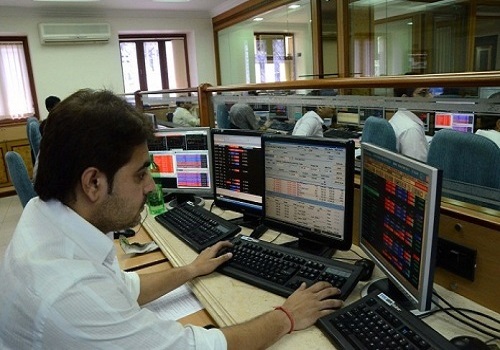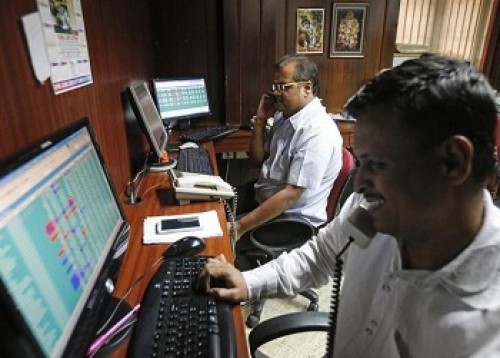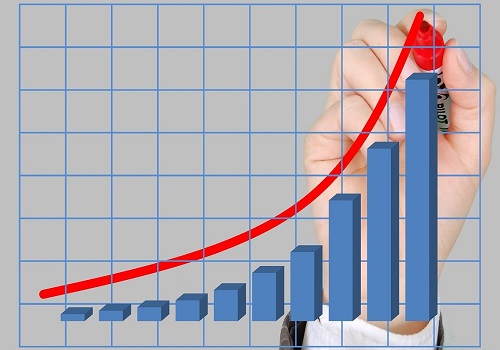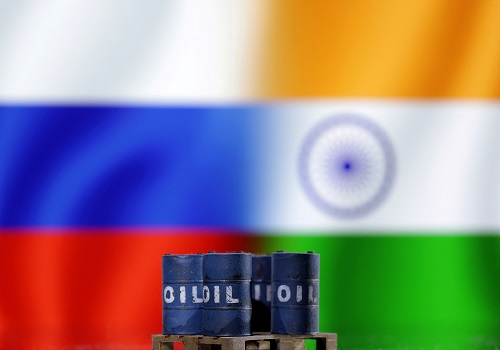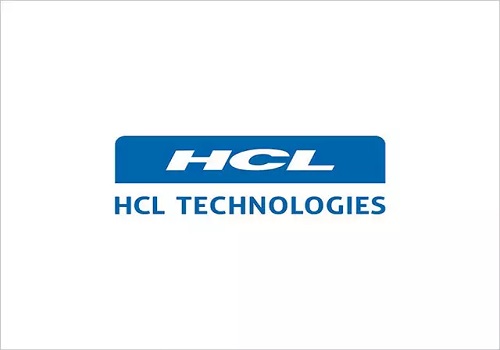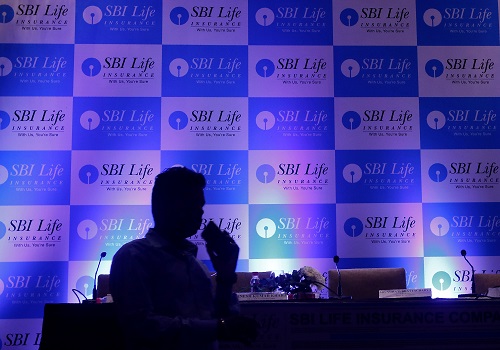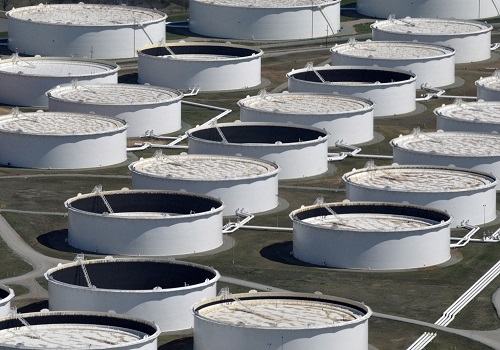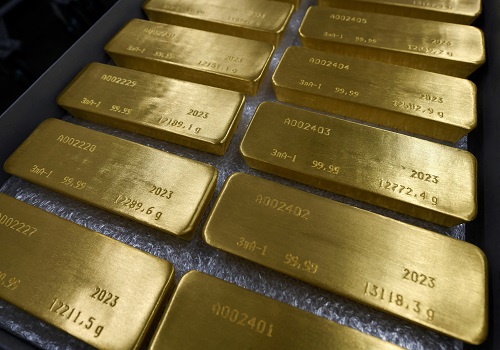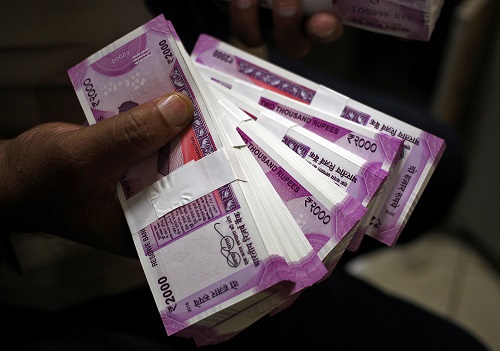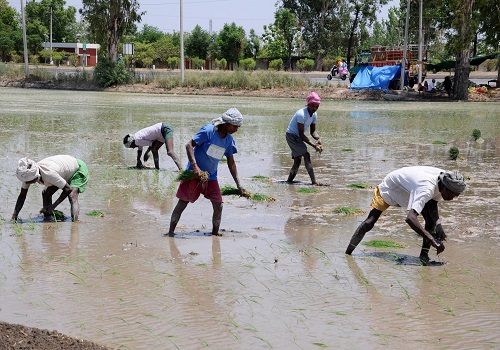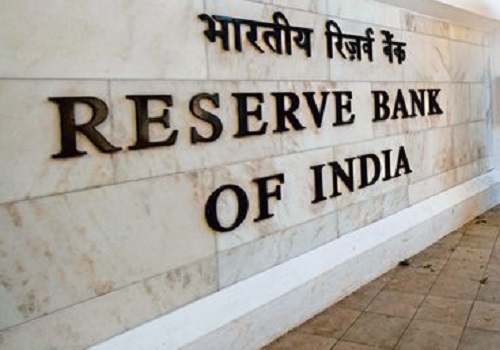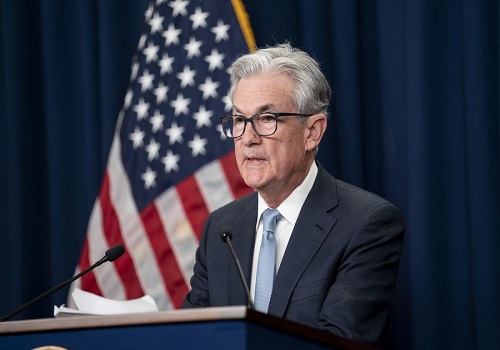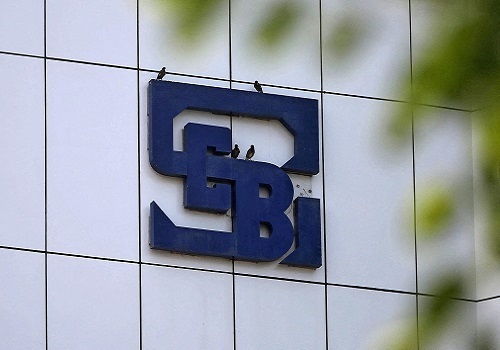The Economy Observer: Supply-side measures sacrifice growth to slay inflation - ICICI Securities
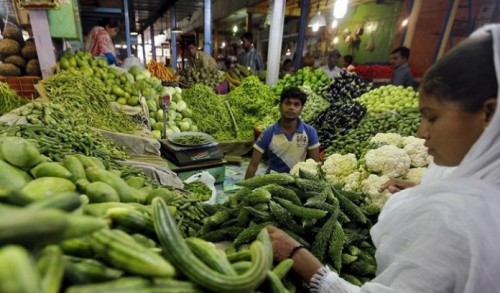
Follow us Now on Telegram ! Get daily 10 - 12 important updates on Business, Finance and Investment. Join our Telegram Channel
https://t.me/InvestmentGuruIndiacom
Download Telegram App before Joining the Channel
* Repo rate to peak at 6.15% at Dec’22 MPC meeting. Since the RBI targets headline CPI inflation, rather than core inflation, the moderation in the latter to below 6% YoY provides no relief. Food inflation remains a challenge, hence we expect the RBI to raise its policy rate by another 50bp at its policy meeting at the end of this month, and a further 25bp on 7th Dec’22 to 6.15%. By that point, we expect the strong kharif harvest to moderate food prices (given that the monsoon is 7% above normal this year, despite the deficient rain in some key rain-fed rice-growing states). That, and the cumulative impact of this year’s monetary tightening, should help bring headline CPI inflation back below 6% YoY in Nov’22 and beyond.
* Supply-side measures have persisted longer than expected… Faced with global headwinds of high fuel and food prices, the government has taken some unexpected supply-side measures to fight inflation, including export duties on petroleum products, and on iron and steel products, and a windfall tax on crude oil (and some refinery products). Export duties, although imposed by many countries amid this year’s unusual circumstances, are a retrograde step: they hurt the long-term credibility of local exporters, and can cause lasting damage in the highly-competitive export markets, in which India had been gaining ground in CY21 and H1CY22. Exports and industrial growth have duly received a significant setback in Jul-Aug’22. Surprisingly the supply side measures have stayed throughout the current quarter.
*causing us to lower our real GDP growth forecast for this year to 7.5%, but with a fixed investment-led rebound to 8.3% growth in FY24 despite a developed-economy recession. Since exports were the key peg for strong real GDP growth in H1FY23—while domestic demand was in the early stages of its climb back to pre-covid levels—we are obliged to lower our real GDP growth forecast for FY23 to 7.5%. However, fixed investment spending (the key factor we expect to drive growth in H2FY23 and FY24) remains on track: capital goods output grew 5.8% YoY in Jul’22 (and 23% YoY in Apr-Jul’22), capital goods imports grew 28.7% YoY in Jun-Aug’22, and bank credit growth accelerated to 15.5% YoY by Aug’22. The Central and state governments’ net market borrowing in the fiscal year to 9th Sep’22 (Rs6.67trn) was marginally lower than a year ago (Rs6.76trn). Nominal GDP was up over 20% YoY for the period, implying a sharp decline in the fiscal deficit/GDP ratio, which will contribute toward crowding-in private investment. As oil prices moderate (already down to US$90/bbl as long expected), the fiscal and current account deficits will moderate sharply in H2FY23. Private investment should continue to accelerate in FY24, enabling real GDP growth of 8.3% despite the slowdown in export growth amid the US-led developed-economies’ recession in FY24.
Food inflation keeps headline CPI inflation at 7% YoY in Aug’22 although core inflation stays at 5.8% YoY (irrelevant in the Indian context). CPI inflation edged up to 7% YoY in Aug’22, primarily on account of resurgent food inflation (+7.62% YoY, up from 6.69% YoY in Jul’22). While core CPI inflation has moderated to 5.8% YoY in each of the last two months (Jul-Aug’22)—having been at or above 6% YoY in Sep’21- Jun’22—the RBI targets headline CPI inflation, not core. In India, food (especially) and fuel are particularly important aspects of most households’ consumption baskets, so ignoring them for a focus on core inflation is meaningless. Food inflation rose in Aug’22 because of cereal products (+9.57% YoY, vs 6.9% in Jul’22), milk products (+6.39% YoY vs 5.84% YoY), fruits (+7.39% YoY vs 6.41%), and vegetables (+13.23% YoY vs 10.9% YoY).
To Read Complete Report & Disclaimer Click Here
For More ICICI Securities Disclaimer https://www.icicisecurities.com/AboutUs.aspx?About=7 SEBI Registration number is INZ000185632
Above views are of the author and not of the website kindly read disclaimer
